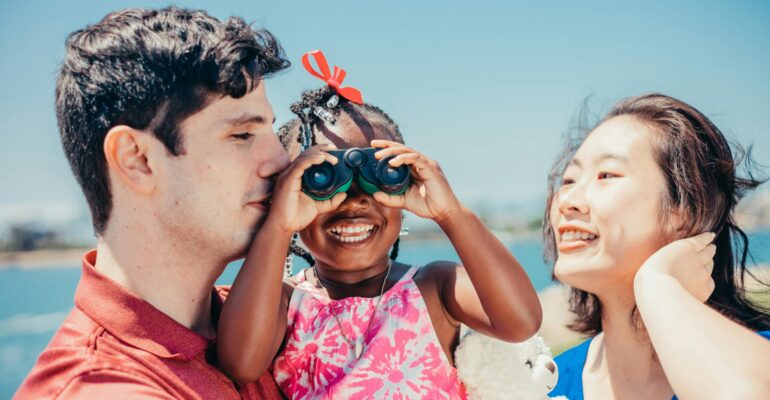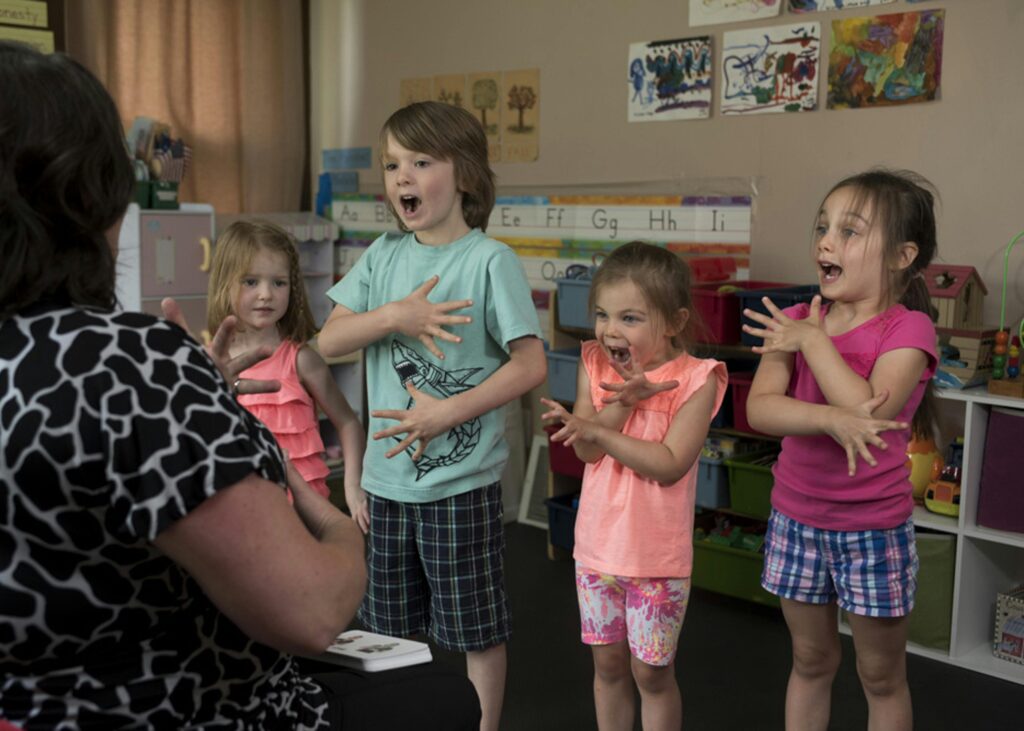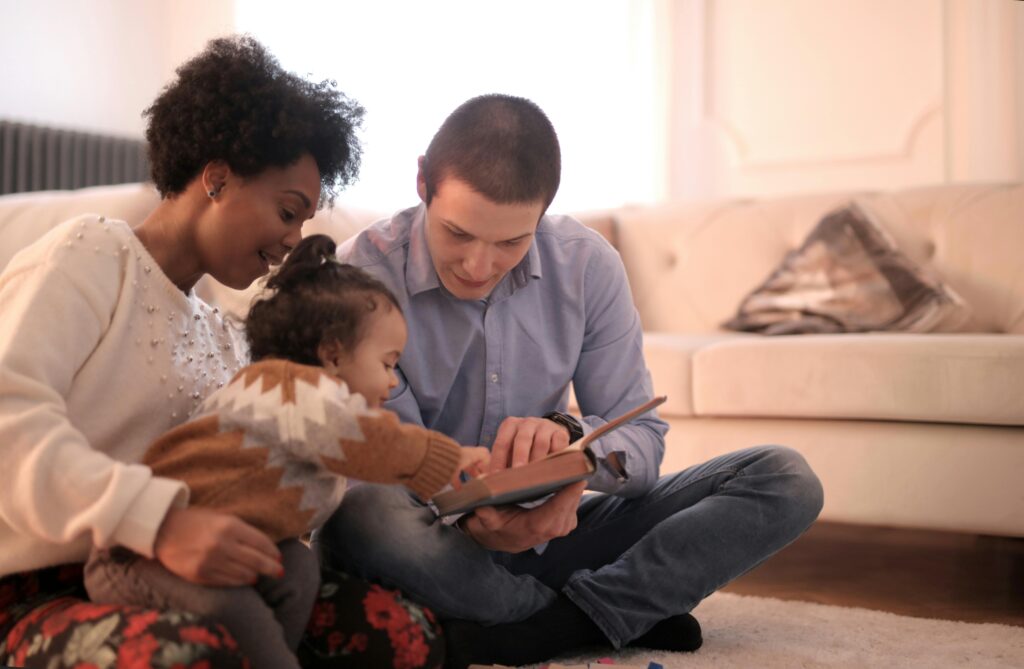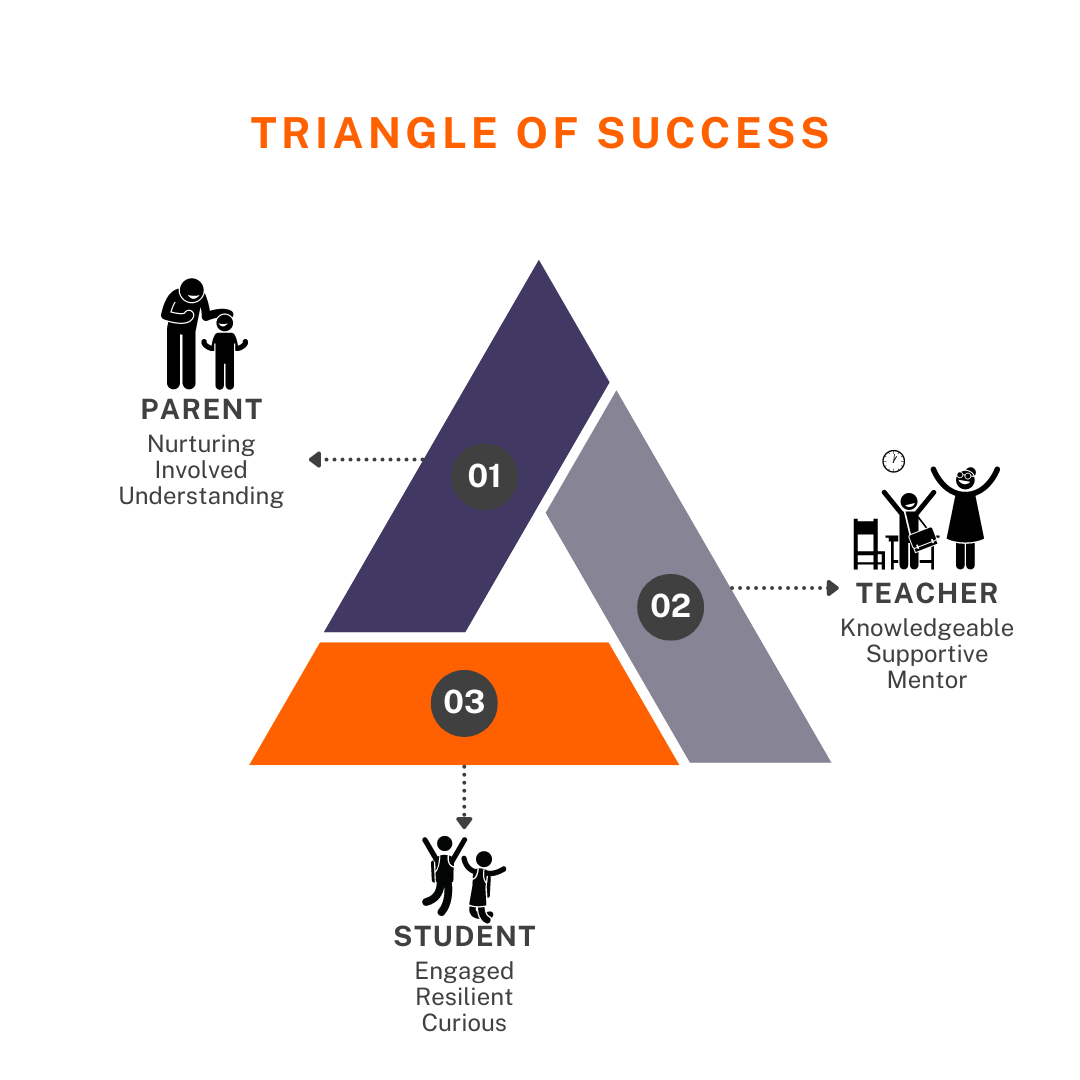The Importance of Bilingual Education in the UAE: A Personal Perspective

The Importance of Bilingual Education in the UAE: A Personal Perspective
Growing up bilingual in Canada, where both English and French are official languages, has deeply influenced my understanding of the power of language. My wife, who speaks five languages, exemplifies how multilingualism can open doors both personally and professionally. Now, as parents raising our children in Dubai, we are committed to ensuring they grow up fluent in both English and French, while also being exposed to Arabic—a language essential in this region.
We’re currently considering enrolling our daughter in a French curriculum school here in Dubai, such as the Lycée Français International Georges Pompidou, to ensure she becomes proficient in reading and writing in French. Dubai offers a wide range of schools that cater to different linguistic backgrounds, providing an excellent environment for children to become multilingual.
Why Bilingual Education Matters
In today’s globalized world, the ability to speak multiple languages is more important than ever. For many expatriate families in Dubai, neither English nor Arabic may be their first language. In this diverse and multicultural environment, bilingual education is not just a valuable skill—it’s essential for preparing children to thrive in a globalized world.
However, it’s important to understand that when children are learning multiple languages simultaneously, it may seem as though they are not fully proficient in any language. This is perfectly normal. According to experts like Dr. Ellen Bialystok, the brain takes time to categorize and organize multiple languages, which can result in temporary confusion or slower development in one or both languages. Parents should be patient and understand that this is a natural part of the bilingual learning process.

Tips for Supporting Your Child’s Bilingualism
Be Patient and Encouraging:
- Understanding the Process: Recognize that your child’s brain is working hard to manage and organize multiple languages. Temporary confusion or slower development in one language does not mean they are struggling; it means they are processing complex linguistic information.
- Encouragement: Celebrate small milestones in both languages. Avoid comparing your child’s progress to monolingual peers and instead focus on the long-term benefits of bilingualism.
Create a Language-Rich Environment:
- At Home: If your home language is different from the language your child is learning at school, use it as a foundation. Speak to your child in your native language, read books, and engage in conversations. For families where English is the primary language at home, consider designating specific days to speak only in another language.
- Language Days: For instance, have “English Days” and “French Days” or any other language your child is learning. This helps your child immerse themselves in one language at a time, strengthening their skills in each.
Incorporate Bilingual Media:
- Books and TV Shows: Introduce bilingual books and TV shows in both languages your child is learning. This helps reinforce vocabulary and grammar while making learning fun.
- Music and Apps: Use language-learning apps like “Duolingo” or “Lingokids” and encourage listening to music in both languages. Singing along to songs in a different language is an enjoyable way to build language skills.
Engage in Bilingual Social Activities:
- Playdates and Camps: Arrange playdates with children who speak different languages or enroll your child in bilingual summer camps. This not only improves language proficiency but also builds social skills in a multicultural setting.
- Cultural Events: Attend cultural events or festivals where your child can hear and practice multiple languages in a natural environment.
Practice Language Switching:
- Daily Conversations: Encourage your child to switch between languages during conversations. For example, ask a question in one language and have them respond in another. This helps strengthen cognitive flexibility and ensures both languages are actively used.
Model Bilingualism:
- Lead by Example: If you are bilingual, use both languages around your child. Show them how you navigate between languages in daily life. If you are not bilingual, consider learning alongside your child, which can be a bonding experience.

The Multilingual Landscape in Dubai
Dubai is home to a wide range of schools that cater to various linguistic backgrounds. Beyond English and Arabic, there are schools that offer education in French, German, Hindi, Armenian, and other languages. Notable schools include:
- Swiss International Scientific School in Dubai offers a bilingual curriculum in English and French or German, ideal for families who value multilingual education.
- Lycée Libanais Francophone Privé follows the French national curriculum, immersing students in a French-speaking environment while also providing instruction in English.
- The Indian High School offers a strong bilingual program, primarily in English and Hindi, catering to the large Indian expatriate community in Dubai.
- Armenian School Dubai provides education in both Armenian and English, preserving the cultural heritage of Armenian families while ensuring proficiency in English.
For many expatriate families from Asian countries, their children may not speak English or Arabic as their first language. However, the multilingual environment in Dubai often means these children quickly become bilingual, picking up English or Arabic alongside their native language. Interestingly, research shows that children who start school without proficiency in the languages offered often become some of the quickest learners, as their brains rapidly adapt to the new linguistic environment.

Bilingual Education and Arabic in Dubai
As per KHDA regulations, all schools in Dubai are required to offer Arabic language instruction to all students, regardless of their background. This means that even students who primarily study in English, French, or another language will still learn Arabic, ensuring they leave with at least basic Arabic skills. This trilingual environment further enhances cognitive flexibility and cultural understanding, preparing students to engage in the multicultural society of the UAE.
Conclusion
Bilingual education is a critical component of child development in the UAE, offering numerous cognitive, emotional, and social benefits. As parents, we have a unique opportunity to support our children’s growth in a multicultural and multilingual environment. By incorporating practical tips, such as creating a language-rich environment and engaging in bilingual social activities, we can foster bilingualism and set our children on the path to global citizenship. Whether through formal education at schools like Swiss International Scientific School, Lycée Libanais Francophone Privé, The Indian High School, or Armenian School Dubai, or through everyday practices at home, fostering bilingualism in our children is one of the best investments we can make in their future.



